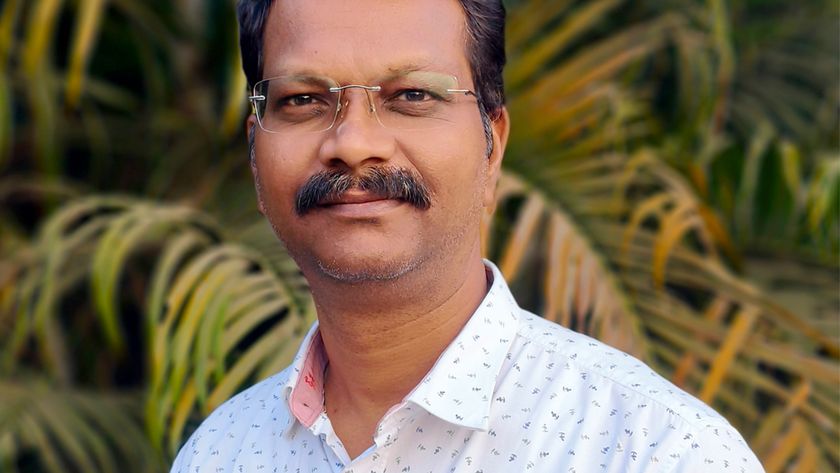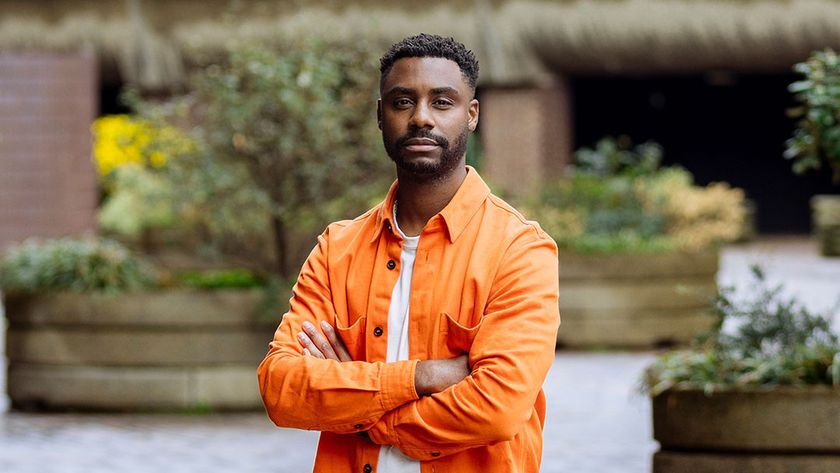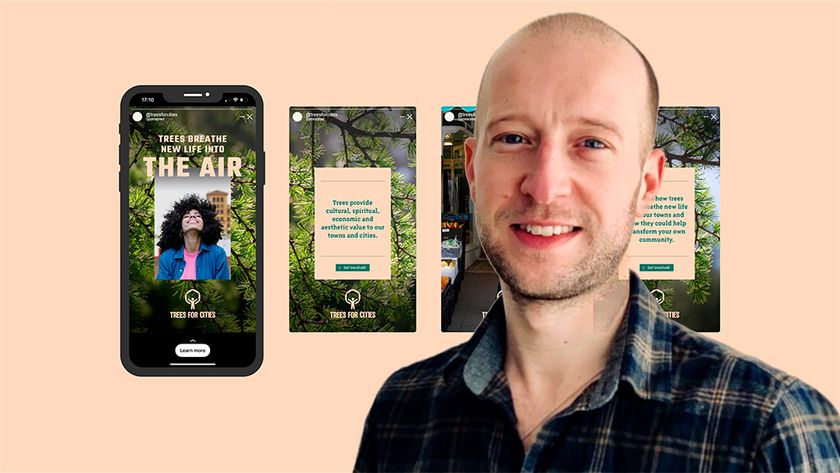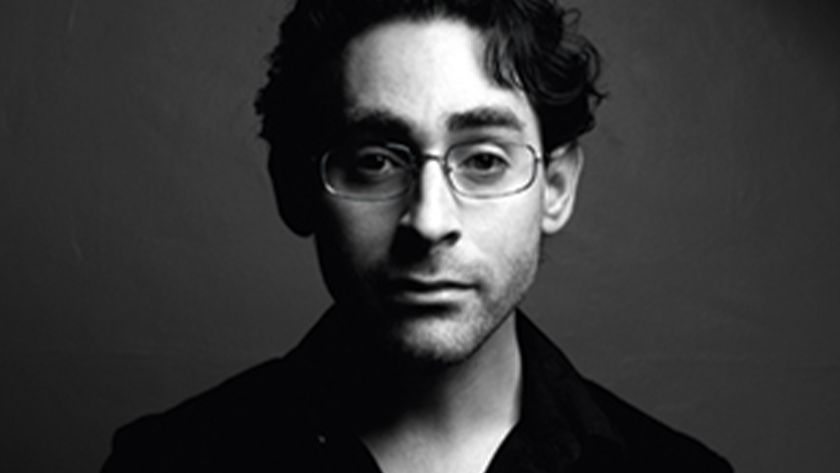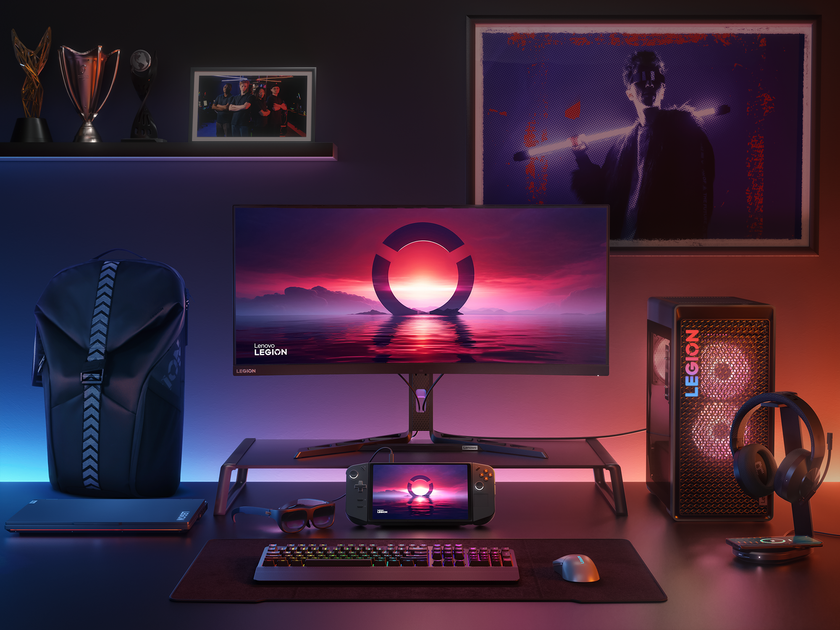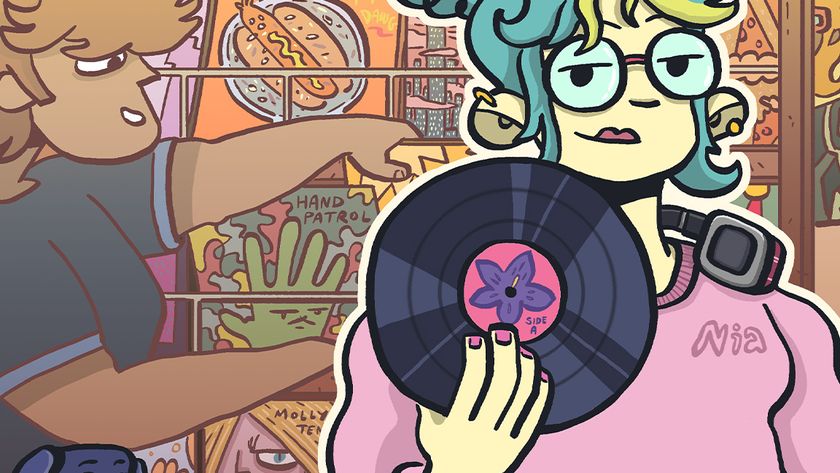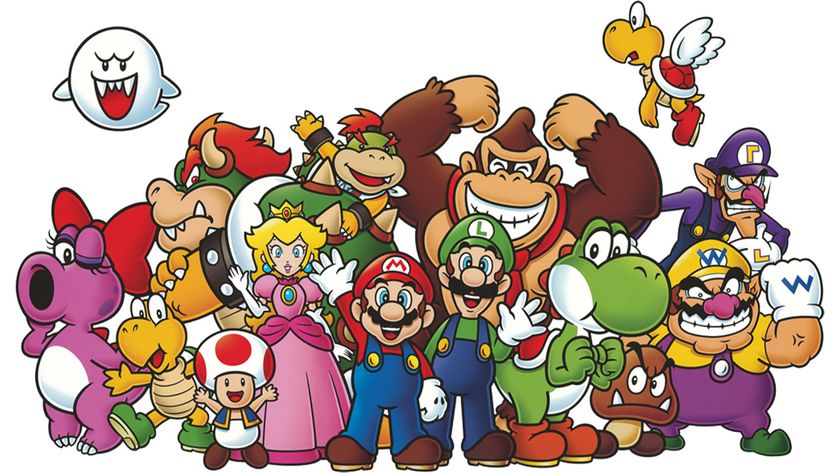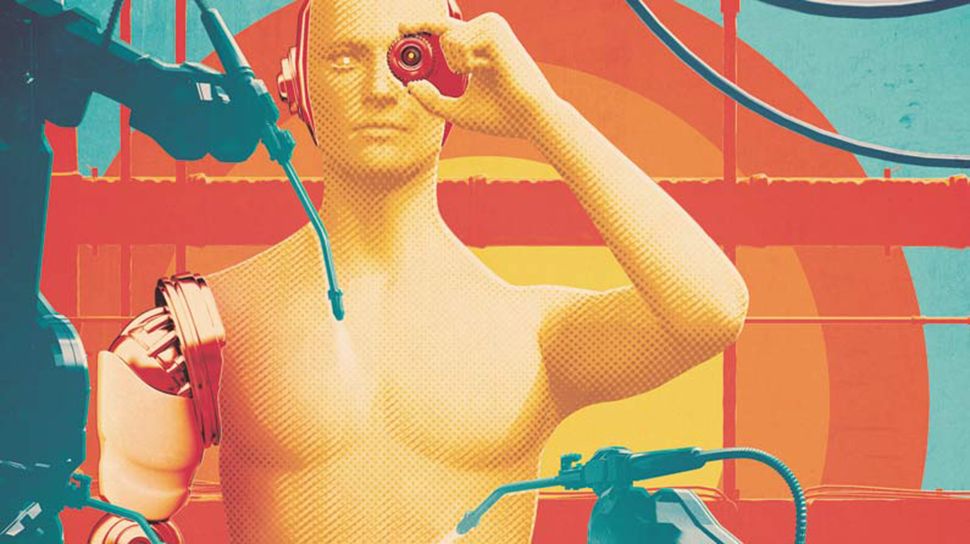
The dawn of a new year is a good time to evaluate how your career is going and how you can bring it to the next level. So what should you learn, and how? There's no easy answer. The skillsets of senior designers vary enormously, and almost everyone has knowledge gaps in some areas.
In this article, we'll explore photography, animation, business skills, coding, and prototyping and UX. Whether you're a freelancer aiming to secure better commissions or a jobbing designer looking for a promotion, mastering any of these will help take your design career to the next level.
We'd recommend you start by weighing up the pros and cons of the different study areas that appeal to you. Ask yourself: Do I already have some experience or knowledge in this area? How much will training cost? Can I get the boss to pay, and let me train in work time? And – perhaps most importantly: How much does it excite me?
Once you've answered all these questions, your choice of what to study should be crystal clear. Read on to make 2018 the year you take charge of your design destiny.
Photography
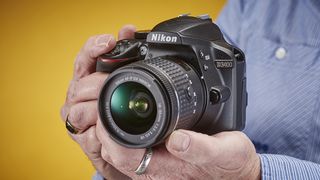
Most designers can take decent pictures, and with a high-quality camera on every modern smartphone, you might think that's enough. But working to improve your photography skills can really help boost your career, says graphic designer Jacob Cass of Just Creative.
"As a designer, it helps you become more aware of composition, colour, light and allows you to start thinking in a different visual medium," he points out. "It also allows you to reduce your dependency on stock photos and earn more cash by charging for your services."
For Mark Dearman, design director at True, the latter was the clincher. "I was finding relying on stock photography very limiting," he explains. "Often clients wouldn't have the budget to commission their own photo shoots or bespoke illustration, so I was limited to stock. I decided to improve my photography skills to allow me to create my own assets."
Get the Creative Bloq Newsletter
Daily design news, reviews, how-tos and more, as picked by the editors.
01. Trial and error
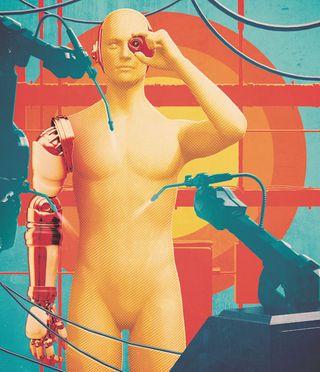
How did he go about it? "I own a lot of books by photographers and I've read plenty of articles, but it was trial and error mainly. I'd take some photos, then analyse them and work out what I needed to do to improve."
"I've learnt a lot from my mistakes. There really is no substitute for taking lots of photos. I always liked the famous quote by Henri Cartier-Bresson: 'Your first 10,000 photographs are your worst.'"
02. Ask questions
Another thing you can do, says graphic designer and photographer Matthew Holland, is ask questions. "I'm on Twitter and Instagram a lot," he explains.
"I share a lot of other people's work, ask them how they've achieved this or that, as well as reading blogs or magazines and looking at YouTube. I recently came across Digital Rev TV, who are very funny and put a great twist on learning photography."
03. Study the fundamentals
In general, it's a case of practice makes perfect. "Start shooting and never stop," Cass advises. "Study the fundamentals from books and online. Understand how light works and how you can make it work for you."
Once you've done that, it's time to learn how to edit your photos. There are plenty of apps available for that – take a look at our list of the best photo editor apps to figure out which is the best one for you.
04. Read up
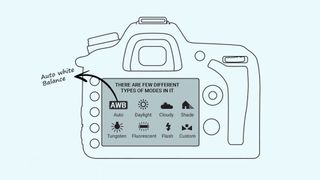
There are plenty of resources about to help you improve your photography skills, whether you're a hobbyist looking to up your game or a total beginner. If you're looking for the right tools, take a look at our guide to the best cameras for creatives. Then check out these resources:

Thank you for reading 5 articles this month* Join now for unlimited access
Enjoy your first month for just £1 / $1 / €1
*Read 5 free articles per month without a subscription

Join now for unlimited access
Try first month for just £1 / $1 / €1
Tom May is an award-winning journalist and editor specialising in design, photography and technology. Author of the Amazon #1 bestseller Great TED Talks: Creativity, published by Pavilion Books, Tom was previously editor of Professional Photography magazine, associate editor at Creative Bloq, and deputy editor at net magazine. Today, he is a regular contributor to Creative Bloq and its sister sites Digital Camera World, T3.com and Tech Radar. He also writes for Creative Boom and works on content marketing projects.

